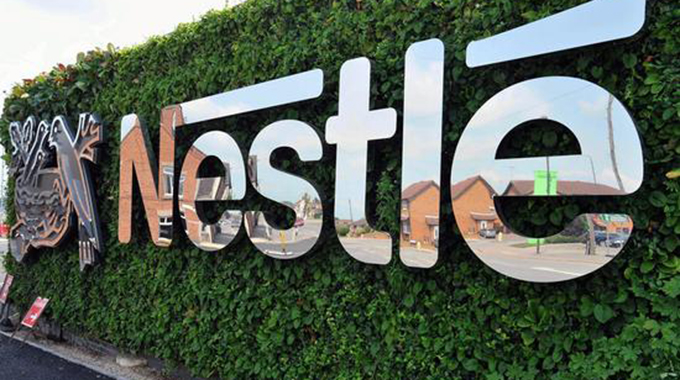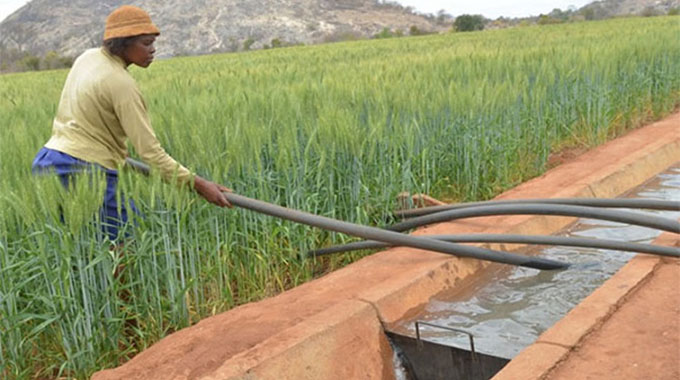Nestlé targets 30pc female executives

Enacy Mapakame Business Reporter
Swiss food and beverages giant, Nestlé has made a commitment to increase the number of women in executive positions to 30 percent by 2022 in an effort to close gender disparity in the group.
This comes as the world over, women’s representation in top executive positions in the realms of businesses and politics is still low, despite them making up the biggest proportion of populations.
Nestle has already started implementing the initiative to bridge the gender gap with the recent appointment of Eunice Ganyawu-Magwali as Nestle Zimbabwe’s new managing director, becoming the group’s first ever female boss in 60 years of its operation in the country.
“This appointment reaffirms Nestlé’s commitment to gender parity in the workplace. Nestlé is committed to ensuring that the proportion of women in senior executive positions globally will increase to 30 percent by 2022,” said Nestlé Zimbabwe in statement.
“Eunice’s appointment is not only a clear demonstration of Nestlé’s leadership towards this agenda but also to the development of local talent in all areas of our operations.”
Ganyawu-Magwali’s appointment, effective December 3, 2019 , also sees her take charge of Nestlé’s operations in Zambia and Malawi.
She takes over from Senegalese, Ben Ndiyaye, who has been re-assigned at the company’s headquarters in Switzerland.
According to Nestle, the new managing director has vast experience in the dairy, beverage and cereals industry.
“Her passion and results driven approach, will be invaluable in driving the business forward in Zimbabwe,” said Nestle.
Nestlé has been operating in Zimbabwe since 1959.
The latest move by Nestle is in line with global trends where companies are committing to the upliftment of women into leadership positions, which for long has been a preserve of their male counterparts.
According to a global research firm, the Catalyst’s report on Women in Management, the share of women in senior roles globally is increasing incrementally. In 2019, 29 percent of senior management roles were held by women, the highest number ever on record.
The report shows that 32 percent of senior leadership positions in Eastern Europe are held by women while in Asia Pacific and the European Union women account for 28 percent each.
In North America and Latin America, women’s representation in senior leadership positions is 31 percent and 25 percent respectively.
In Africa, the script is almost the same with fewer women than men occupying top managerial positions.
According to the African Union Commission (AUC) women constitute more than half of the 1,2 billion population in Africa yet are still marginalised with limited participation in influential offices in both business and politics.
Zimbabwe is, however, making strides in promoting women executives. Today, organisations such as the Standards Association of Zimbabwe (SAZ), the Insurance and Pensions Commission (IPEC), Zimbabwe Revenue Authority (ZIMRA) and Zimbabwe Women’s Microfinance Bank (ZWMB) are headed by women executives.
Listed firms such as cigarette manufacturer, BAT and GetBucks, while Nicoz — which delisted last year have also been headed by female executives.










Comments